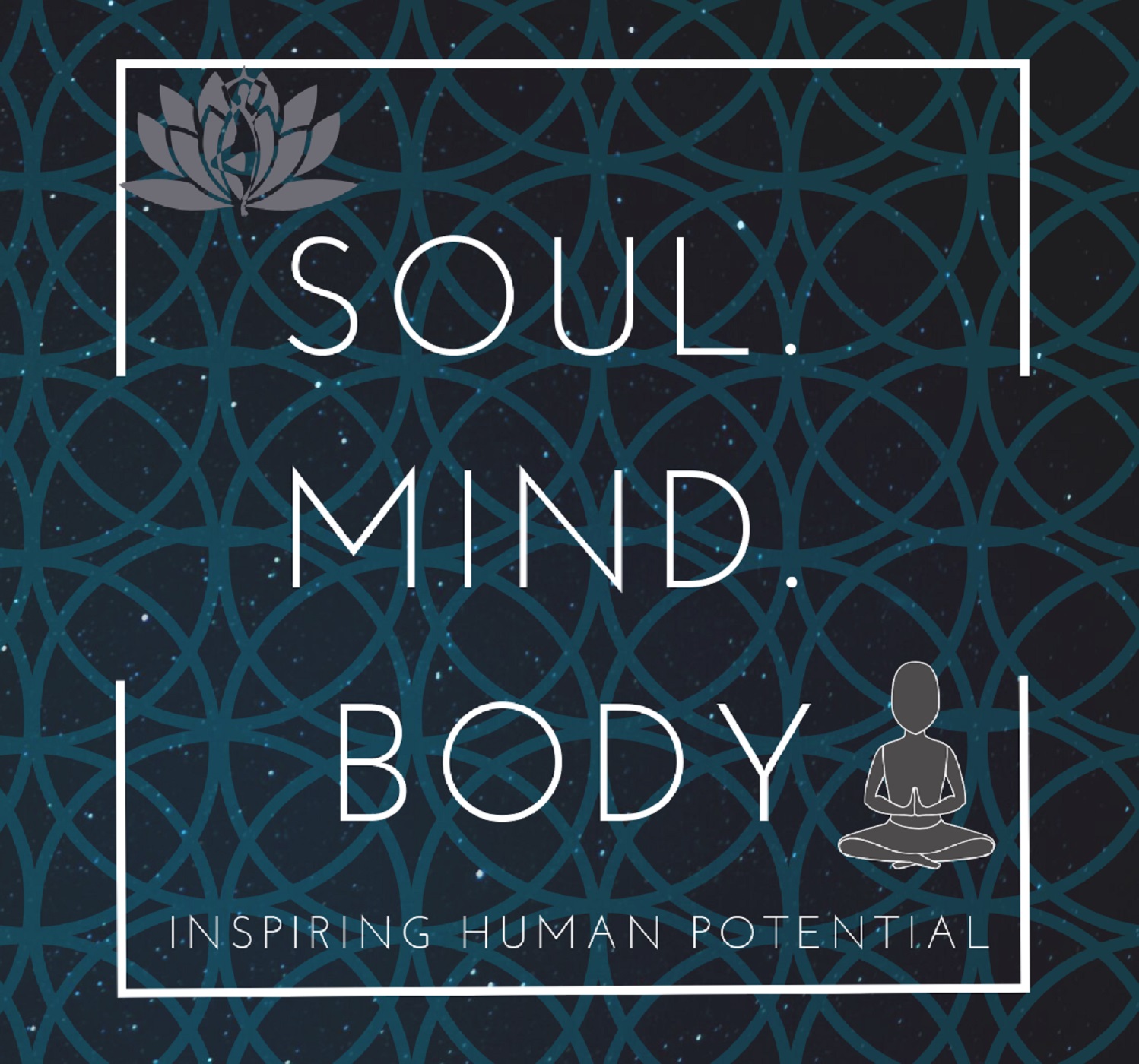 |
The Gentle Rebel PodcastExploring the intersection of high sensitivity, creativity, and culture. Author: Andy Mort
The Gentle Rebel Podcast explores the intersection of high sensitivity, creativity, and the influence of culture within, between, and around us. Through a mix of conversational and monologue episodes, I invite you to question the assumptions, pressures, and expectations we have accepted, and to experiment with ways to redefine the possibilities for our individual and collective lives when we view high sensitivity as both a personal trait and a vital part of our collective survival (and potential). Language: en-us Genres: Arts, Education, Self-Improvement Contact email: Get it Feed URL: Get it iTunes ID: Get it |
Listen Now...
Does it Feel Like Winning a Silver or Losing a Gold? (A Ridiculous Question?)
Friday, 20 February, 2026
In this episode of The Gentle Rebel Podcast, I explore something that happened yesterday. I had another episode planned for this week, but I put it on the shelf for now because I’ve been drawn into a fascinating situation that did the rounds after the freestyle skier Eileen Gu was asked, by a reporter after competing at the winter Olympics, what she described as a ridiculous question. The whole thing struck me as reassuringly messy and human. The reporter wanted to know if she considered the two silver medals she had won as two silvers gained or two golds lost. Within hours, the internet had blown up. People were calling this reporter misogynistic and celebrating Gu’s response, describing it as owning him after such a stupid comment. https://youtu.be/npRgyn19FvA What Happened? Eileen Gu had just competed in her second freestyle skiing event of the Winter Olympics Milano Cortina 2026. She won two silver medals. The reporter from Agence France-Presse asked whether she viewed those medals as two silvers gained or two golds lost. Gu responded by saying she thought that was a ridiculous perspective to take. She spoke about all her achievements and the pride she takes in being the most decorated female freeskier in history, doing things that have never been done before. She previously won two gold medals and a silver medal in the same events at Beijing 2022. A Standard Question The clip has split opinions. But whether or not you think it’s a bad question, it is familiar to those who follow sports coverage. It’s not a surprising question to ask an odds-on favourite, especially if they have won previous competitions. Studies have shown that silver medalists often feel more disappointment soon after an event than bronze medalists, focusing on what they could have won rather than what they almost didn’t win. There is something interesting in that. Something worth exploring if you want to understand the psychology of elite competition. The question picks up on the contrast between what someone feels going into an event and how they feel about the outcome. Understanding Perspective is Misread as Having a Dig In football here in the UK, after a team draws a league game, they are often asked if they feel like it was one point gained or two points dropped. It depends on expectations. It depends on whether they felt they ought to win it or whether they would have been happy to take something from the game. This is never considered a ridiculous or insensitive question. It is understood as what it is, which is a curious probe into the team’s or player’s mindset and perspective. It’s an invitation to reflect on performance against expectations and share that with listeners to provide greater context for the result. The question is worded as, “Do you see it as this or that?” It invited Eileen Gu to share her perspective. He did not state his opinion. He asked how she saw it. But Gu seemed to interpret this question as his perspective (criticism, judgement, etc.) and took exception to it. Why did it land in The Wrong Way? This might have been a matter of timing. A post-event press conference might feel like the wrong moment for philosophical reflection, which is what this question invites. In the rawness of the moment, having just competed, having just finished second when you had hoped for first, the last thing you might want is someone asking you to frame your feelings. Maybe in time, there would be an opportunity to think about how it felt to come second on this occasion. But in that moment, the question lands differently, perhaps feeling like a criticism. What we might be seeing in Gu is a projection of disappointment, aimed at the perspective she reads into this question. An external representation of an inner voice. It would be understandable if she were disappointed. She has won gold before. She knows what that feels like. And now she has two silver medals. It is a vulnerable thing to admit publicly, and anyway, why should she? She doesn’t owe anyone an answer to that question. Misunderstanding the Culture of a Sport There is another layer here. Like most sports, freestyle skiing has its own culture. It is a discipline where being the odds-on favourite does not guarantee anything. The athletes understand that many factors determine their fortunes when they are out there competing. There seems to be a wonderful sense of camaraderie among them. Great appreciation for the work they all put in, the tricks they attempt, and the fact that whoever wins deserves it on the night. A question framed entirely around winning and losing might feel ignorant of the spirit and values tied to a sport’s culture. It might feel like an outsider imposing a mainstream sports narrative on something more nuanced. Last week, Ilia Malinin had a huge amount of expectation heaped on his shoulders as he competed in the men’s figure skating. The pressure was a lot to handle. He made mistakes. The commentators painted a picture that assumed skating for gold was a formality, that he would take it no matter what. So when he finished eighth, it was a shock. If he had finished second, you could fully imagine exactly the same question being asked of him. It would make sense because of the context. We project a lot of expectations and assumptions onto sports stars. But we don’t know what success means to them at a particular moment in their journey. As such, we don’t know whether they are disappointed or delighted when they finish in a particular position. We can’t know unless we ask. There are different ways to do so. This is a lesson that applies to so many areas of life. The Internet’s Role And this is also where social media comes into play. Because the clip lacked context, it was designed to spread as a rage-baiting weapon. Within hours, the reporter had been transformed into a villain. People used some rather unpleasant, even violent, rhetoric to describe him. A huge number of assumptions and projections were layered onto the messages accompanying the clip. There is still a great deal of misogyny and sexism in sport, as in everyday life. The way people talk about women at all levels and across many roles is steeped in it. So when we see a situation like this framed in that way, it can undermine efforts to change this landscape. If a standard question asked of countless athletes over countless years suddenly becomes proof of something sinister, the word loses its power. The charge becomes a rhetorical cudgel that can be dismissed and diluted by those who want us to believe it doesn’t exist. I don’t know anything about the reporter and his views. But if we take the clip as a standalone artefact (which is all we have) and pick the bones out of it, there’s nothing to support the charge of misogyny. If Gu were a man, the question would make sense. If the reporter were a woman, it would still be asked whether the athlete was male or female. Many describe the question as inane and stupid, which is a different point altogether. Others say it is fair and interesting. Judgement is in the eye of the beholder. If you want it to be terrible, it can be. If you want it to be good, it can be. The words are the same. The meaning changes depending on who is listening. And I think that is one of the main points here. A Reassuringly Human Response What I see in Gu’s response is reassuringly human. There is an air of defensiveness, with the inner voice of disappointment attaching itself to a target. The reporter became that for her as he asked a question that was the wrong thing to say at that time. Or maybe it was the perfect thing because it gave her an object toward which she could direct some cathartic scorn. This is yet another example of the internet turning a natural human exchange into a battle. This weird age we live in of competitive conversations. It has been framed pretty carelessly and somewhat recklessly into a polarising story. The real story that underpins it is about what we expect from public figures and how social media strips context from situations and amplifies outrage. We see the impact of the pressure to perform, not just on the slope, on the field, on the court, but in front of the press, in front of the media. And then to become some kind of symbolic figure for the way everybody has interpreted your response in that setting. Most of all, it is about how we listen. It is about what we hear. It is about what we bring to a twenty-second clip. What we project onto it, what we are subconsciously looking for, and the impact of being braced to hear certain things in certain ways.











